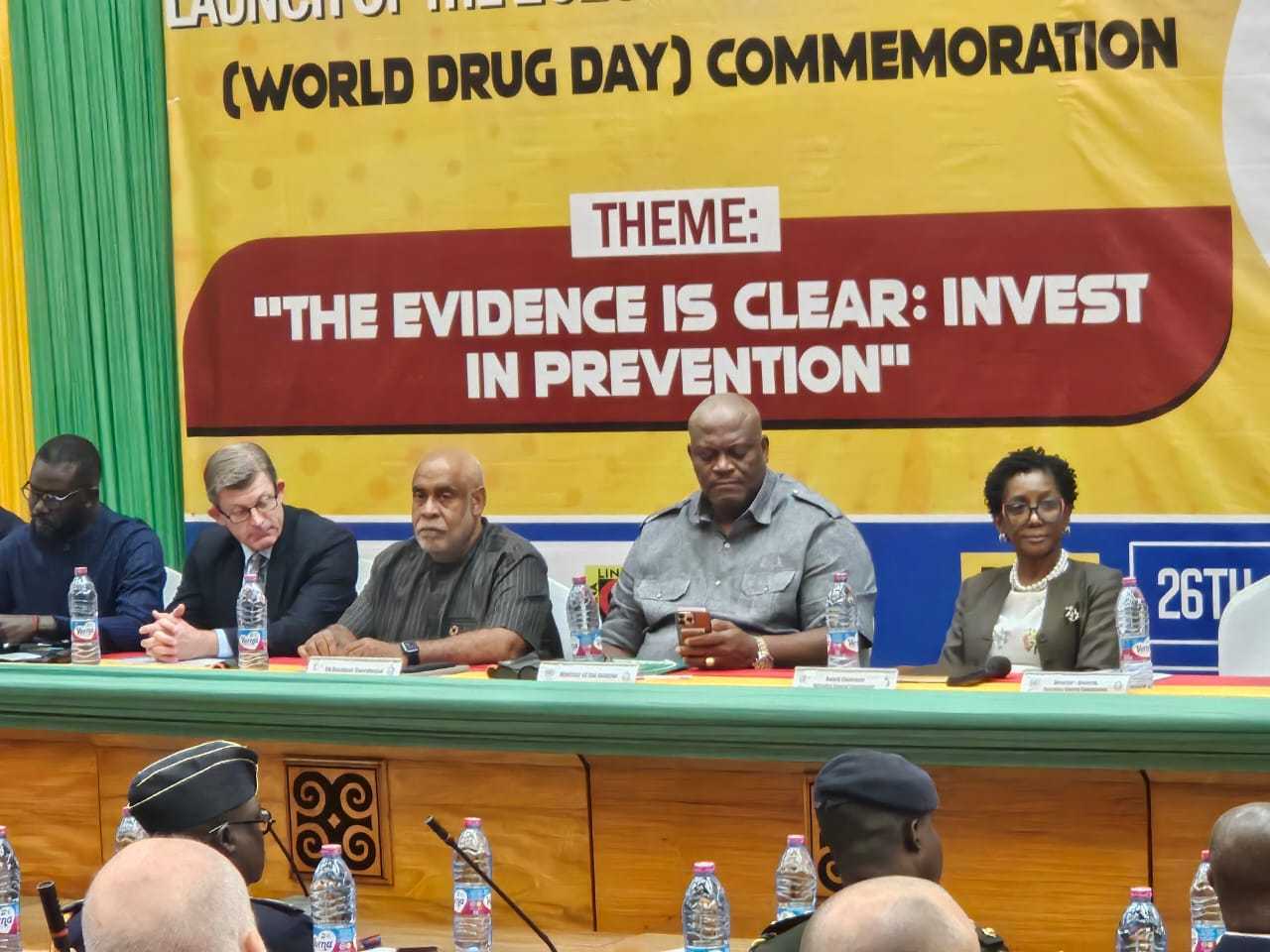- by Admin
- December 21, 2023
Click the link below to join Our WhatsApp group for daily brief on current trends in the country.
Join Here!
Loading

Drug use and trafficking are still major global security issues, exacerbating instability and causing significant harm despite various interventions to curb this menace.
The World Drug Report 2024 highlights a concerning expansion of the local drug market in Africa, presenting a growing public health crisis.
Globally, an estimated 64 million people suffer from drug use disorders, but only one in 11 receive treatment. The number of people using drugs has risen to 292 million in 2022, marking a 20 percent increase over the past decade. Cannabis remains the most widely used drug worldwide, with 228 million users, followed by opioids (60 million users), amphetamines (30 million users), cocaine (23 million users), and ecstasy (20 million users).
Women receive significantly less access to treatment compared to men, with only one in 18 women with drug use disorders receiving treatment, compared to one in seven men.
During the World Drug Day event in Accra, it was reported that West and Central Africa, including Ghana, have the highest cannabis use, with 31 million people using drugs and an alarmingly rapid diversification of the local drug market.
Globally, drug traffickers are more likely to be prosecuted than those arrested for drug usage in an effort to break the network chain. However, in Africa, this pattern is reversed, largely due to a lack of funding for enhanced prevention practices by governments.
Cheikh Toure, Head of Law Enforcement at the United Nations Office on Drugs and Crime (UNODC), discussed measures to tackle drug use and urged governments to take more action.
‘‘Ghana has done tremendously to have a law that brings a legislation to treat drug users. However, one key element that must be understood is that we don’t have full control and understanding of our local criminal network,” he said.
Kenneth Adu-Amanfoh, Director-General of the Narcotic Control Commission, stated that there’s been significant progress as the country shifts its focus towards rehabilitation rather than prosecution of users.
“Once a court of jurisdiction is able to get evidence that this individual is an addict and not a trafficker, that person will not be jailed but referred to the rehab center,” he said.
Interior Minister Henry Quartey, in the keynote address on behalf of the President, reaffirmed the government’s commitment to supporting agencies in fulfilling their mandates.
“Ghana has never been spared by the impact of drug trafficking, drug abuse and attendant health problems. However, it is heartwarming to state that Ghana acknowledges the challenges with the implementation of the international and domestic drug policies, particularly for the health and safety of the Ghanaian society,” he said.

Click the link below to join Our WhatsApp group for daily brief on current trends in the country.
Join Here!
0 Comments: